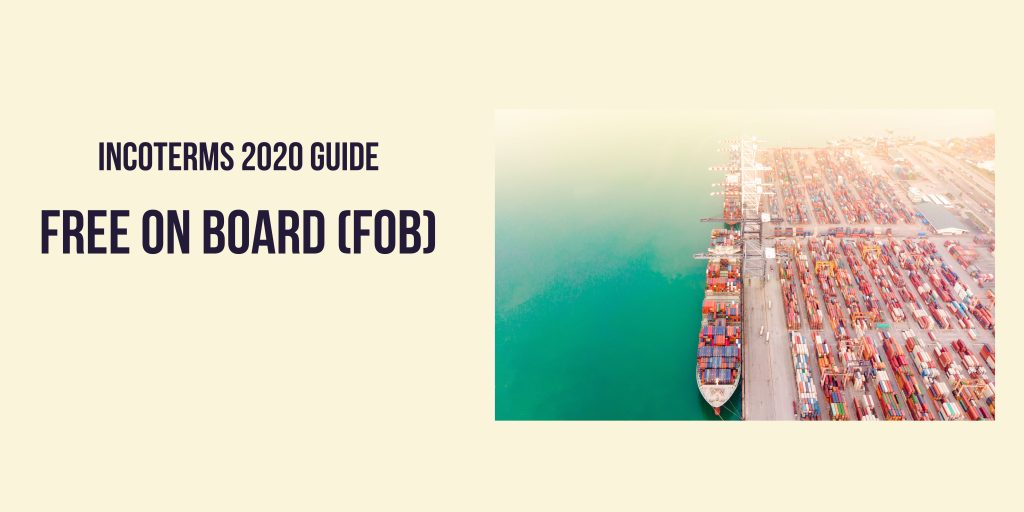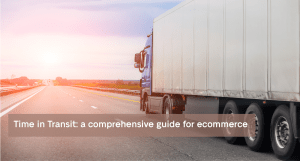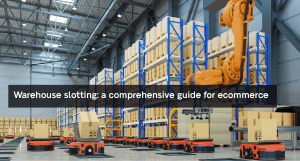The International Chamber of Commerce (ICC) has established Incoterms, or international commercial terms, to make global trade simpler. These universally acknowledged guidelines define the responsibilities of both buyers and sellers in international trade contracts and business deals. While some of these terms are applicable to all transport modes, others are exclusively for waterway shipments.
What is Free On Board (FOB)?
Free on Board (FOB) is a term used in international trade to define who covers transportation costs and at what stage the risk of the goods is transferred.
Responsibilities
Exporter
- Packaging and loading the goods
- Providing necessary shipping documentation for export customs clearance and covering taxes
- Delivering the goods to the specified port
- Covering the origin terminal handling charges (OTHC)
Importer
- Paying for the cost of goods
- Covering the freight and insurance costs linked to transportation
- Managing customs clearance at the entry port and covering applicable import duties or taxes
- Unloading and inland transportation costs
- Import duties, customs clearance, and any applicable taxes or fees
While these are the general responsibilities that apply, the risk transfer depends on whether you are using “FOB Origin” / “FOB Shipping Point” or “FOB Destination”.
FOB Origin / FOB Shipping Point
“FOB Origin” or “FOB Shipping Point” indicates that the buyer takes ownership of the goods as soon as they leave the seller’s premises. From here, the buyer bears all risks and costs related to possible damage or loss of goods during transportation.
FOB Destination
On the other hand, “FOB Destination” agrees that the seller takes on responsibility for the goods until they arrive at the buyer’s designated location. Once the goods reach their destination, the ownership and risk transfer to the buyer.
When to use Free On Board (FOB)
It’s important to underline that FOB is specific to ocean freight shipping, while other Incoterms are more suitable for different modes of transport, like EXW (Ex Works and CPT for example.
Using FOB (Free on Board) for containerized goods is a common mistake that can expose exporters to unnecessary risks. In fact, under FOB, the responsibilities shift once the cargo is on the ship but in case of containerized goods, shippers usually deliver the cargo at the terminal, where it then awaits to be loaded onto the vessel. This interim period, which can be hours or even days, creates an ambiguous zone of accountability. To avoid these risks for containerized freight, it’s advisable to use alternatives such as FCA (Free Carrier) or CPT (Carriage Paid To that are specifically designed for containerized shipments and provide clearer delineation of responsibilities.





